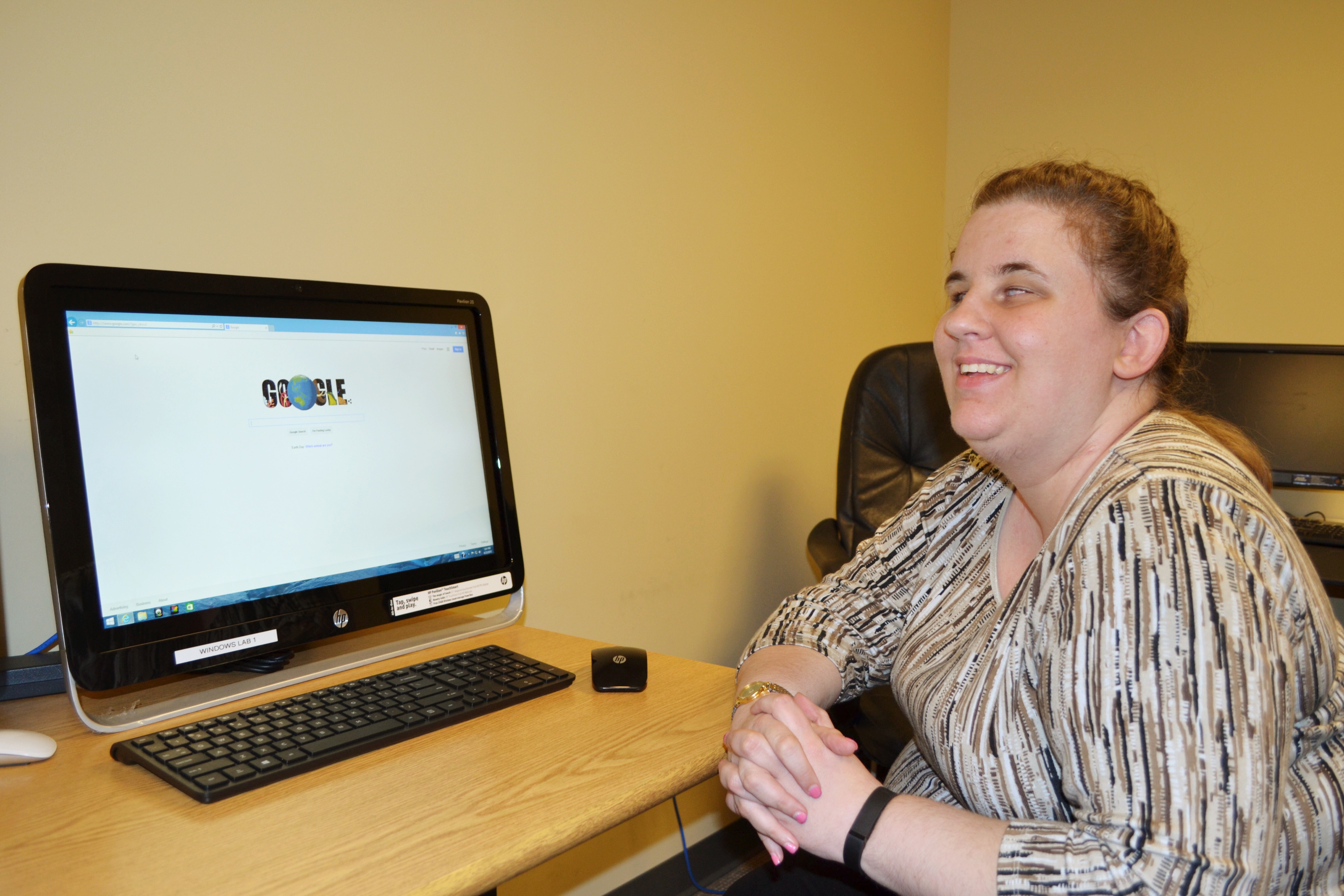
So you’ve landed one (or maybe two, three, or four!) interviews after submitting a few job applications. What’s next?
Preparing for your interview is just as, if not more, important than the actual interview. We know that interviews can be particularly tricky if you have a disability and are concerned about voicing your needs. That’s why we’ve put together this list of tips and tricks to consider when going into your interview.
Seek different experiences and opportunities.
Even if you already have an idea of what you’d like to do or areas that you’re passionate about, seek out different experiences and opportunities. This allows you to learn what you like or don’t like about a certain job, as well as where your strengths and talents are in different types of jobs.
Not sure where to start? Disability Mentoring Day is a great opportunity for job seekers with disabilities to connect with potential mentors and explore career paths.
Do your homework.
Research the company or organization with whom you are interviewing. What is their mission? What are some facts about their recent successes or struggles? What is their work culture like?
You can then use your findings to think about how you would fit into their company and how you can best contribute in your potential role.
Practice for your interview.
Once you’ve done your homework, make sure to practice interacting with your interviewers. Come up with a list of common questions, as well as questions you think they might ask pertaining to your skills and rehearse your answers. This way, when nerves get the best of you, you’ll be able to remember the points you want to make.
Talk about your strengths.
Keep the conversation around your capabilities as a potential employee. Talk about your strong skill sets that you would bring into the position and the areas of work that you are passionate about. If you have any previous experience, mention what you learned from those experiences.
Mention the importance of the disability voice.
Be sure to reiterate the importance of having your voice in the company or organization. Discuss the immense benefits of inclusive workplaces and encourage your interviewers to consider your life experience when designing or selling a new product. Without the presence of the disability voice, products can fail or end results can suffer from lack of consideration of all communities.
There are a number of companies recognizing the value of employing people with disabilities, including Comcast, Walgreens, Holiday Inn, Walmart, Miscrosoft, Taziki’s Mediterranean Café, the Tennessee State Government and the Tennessee Hospital Association (www.tennesseeworks.org/employers).
Should I tell my employer that I have a disability?
Due to the fact that there are still many prejudices and stereotypes connected with disabilities, many people choose not to disclose their disabilities unless necessary. Individuals do not have to disclose a disability unless a reasonable accommodation is needed. Employers may not request any disability-related information or give any medical exams during the interview process.
If you think you will need a reasonable accommodation in order to participate in the application process or to perform essential job functions, you should inform the employer that an accommodation will be needed. Employers are required to provide reasonable accommodations only for the physical or mental limitations of a qualified individual with a disability of which they are aware. Generally, it is the responsibility of the employee to inform the employer that an accommodation is needed. (https://www.eeoc.gov/eeoc/publications/ada18.cfm)
A reasonable accommodation is any change or adjustment to a job, the work environment, or the way things usually are done that would allow you to enjoy equal access to benefits available to other employees (www.ada.gov/workta.htm)
You have the right to ask for accommodations, such as a flexible work schedule, first floor office space, accessible keyboards, or any other reasonable request that will help you do your job well. The Job Accommodation Network (JAN) offers resources and information on asking for certain accommodations.
Always network.
As you’ll hear over and over again, networking is so important and valuable to your career path. You don’t have to go to networking events to make connections. Get to know your coworkers. Volunteer for a cause you support. Meet new people both inside and outside of the disability community. Networking leads to new opportunities or even being able to carpool with a coworker to and from work.